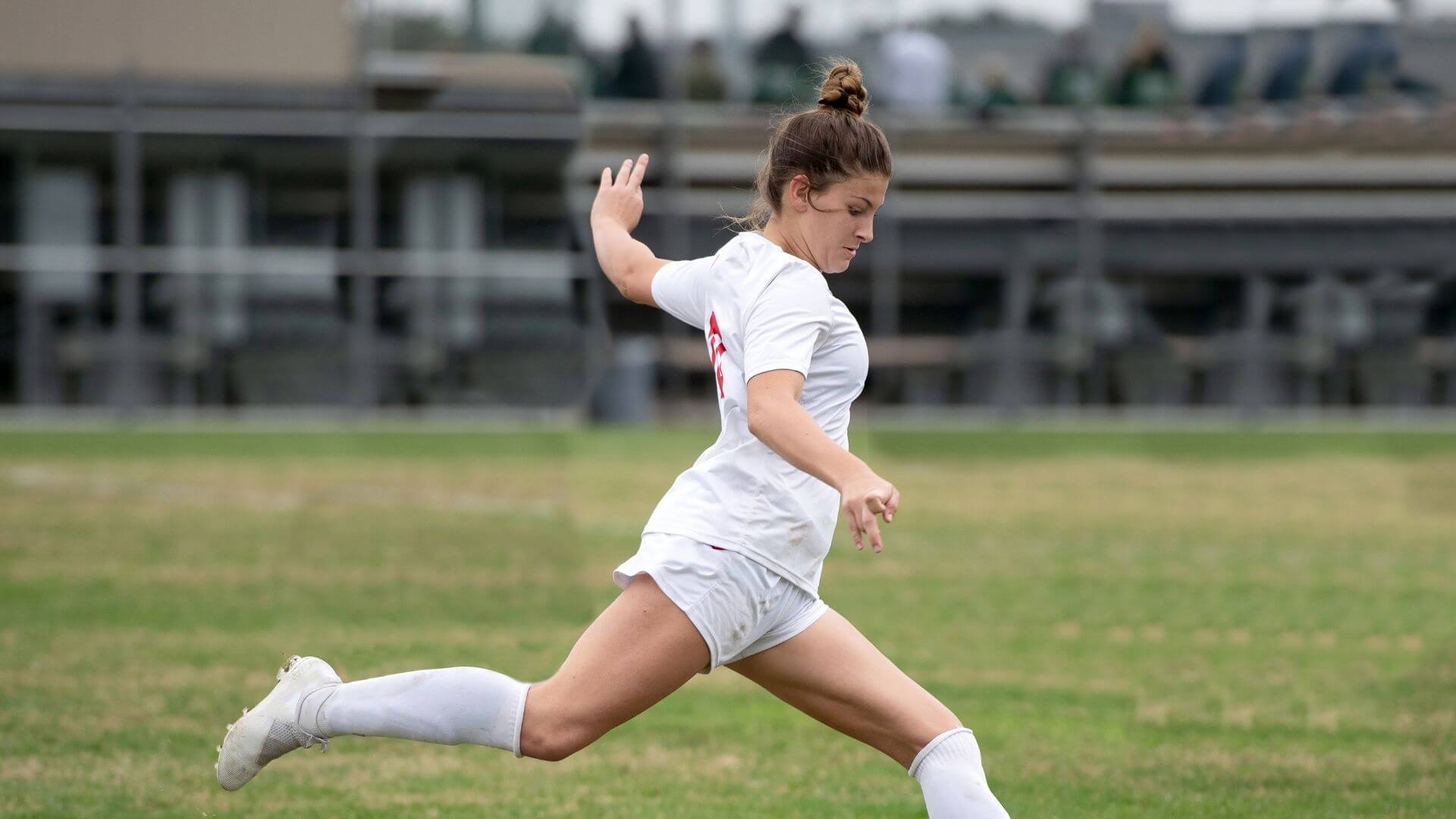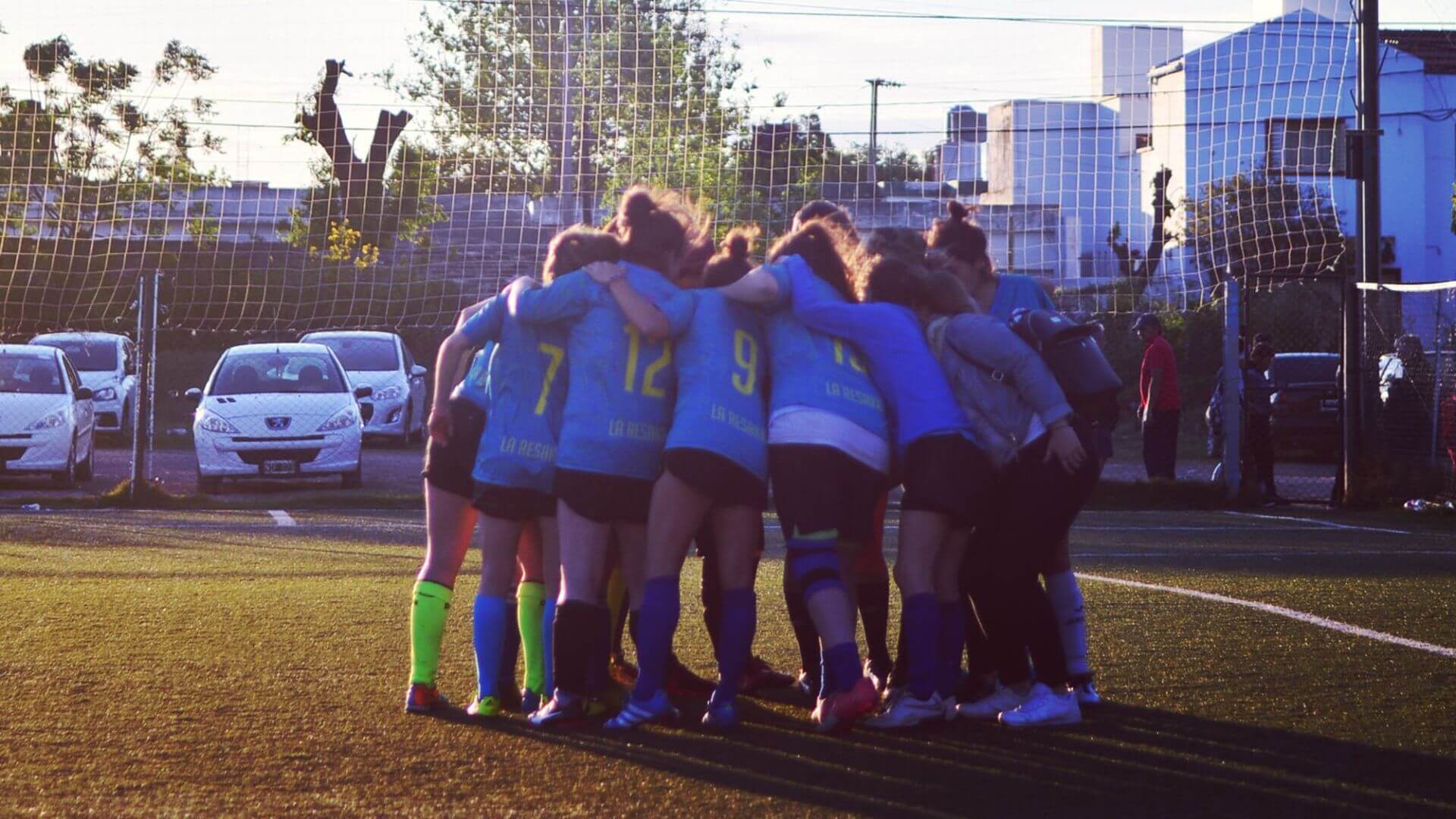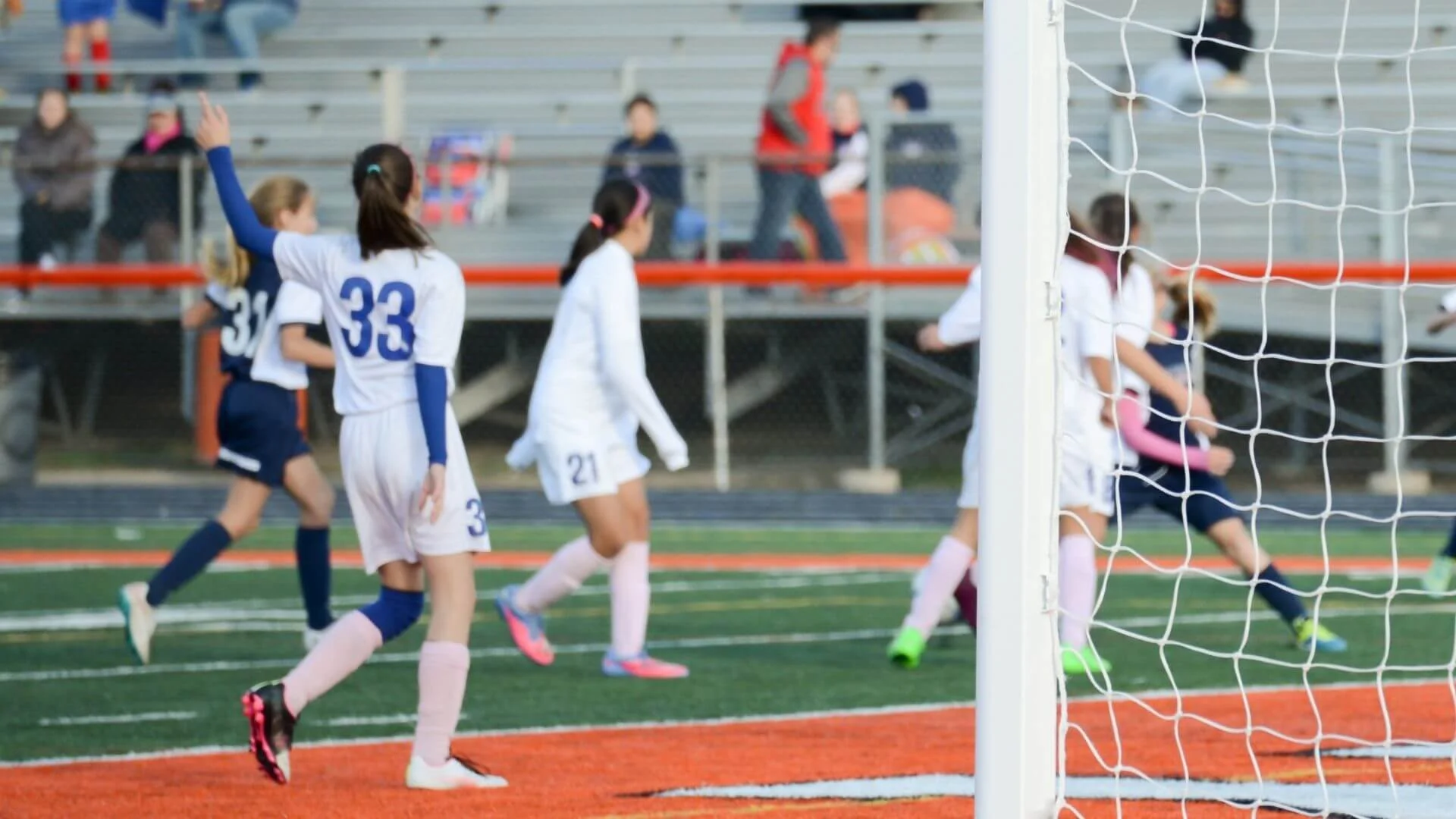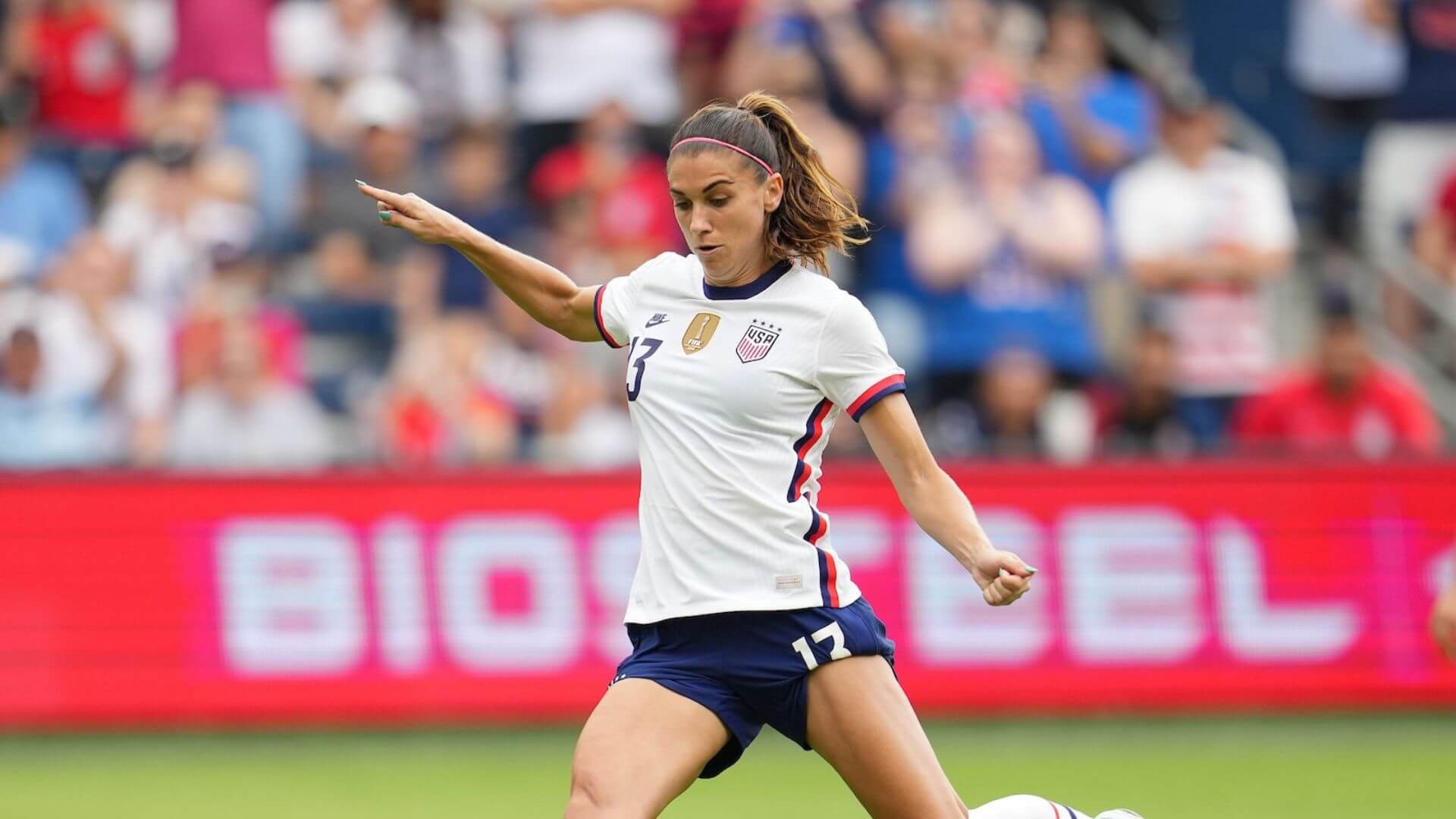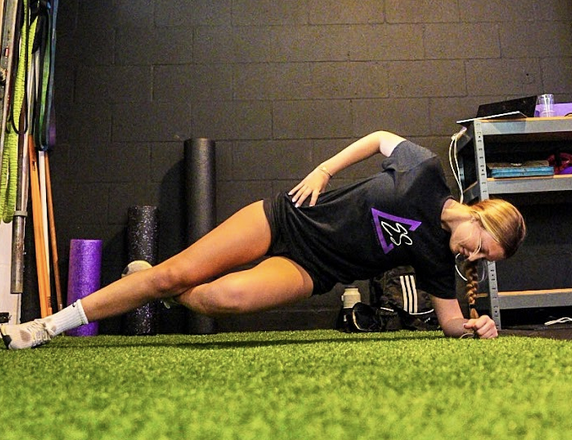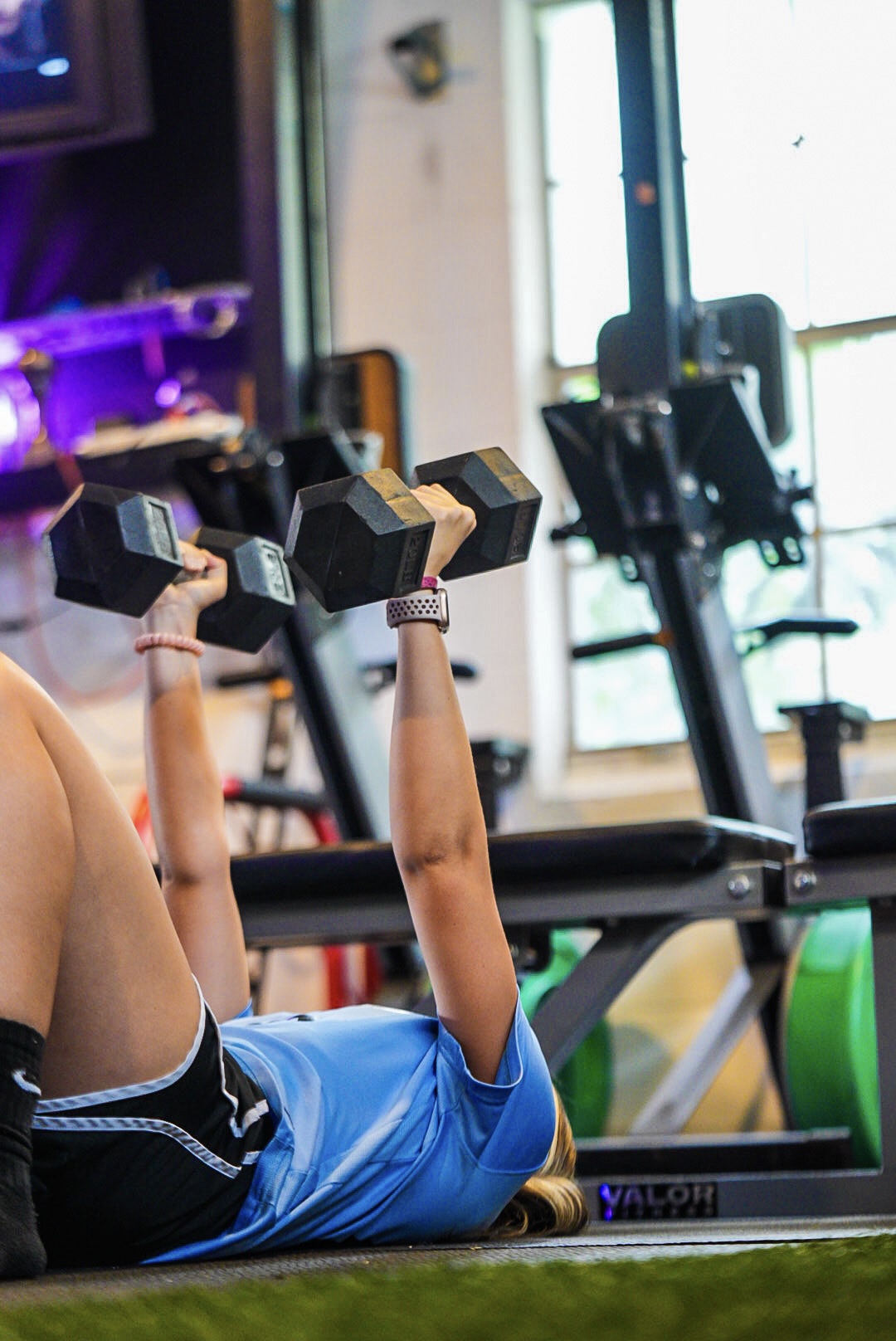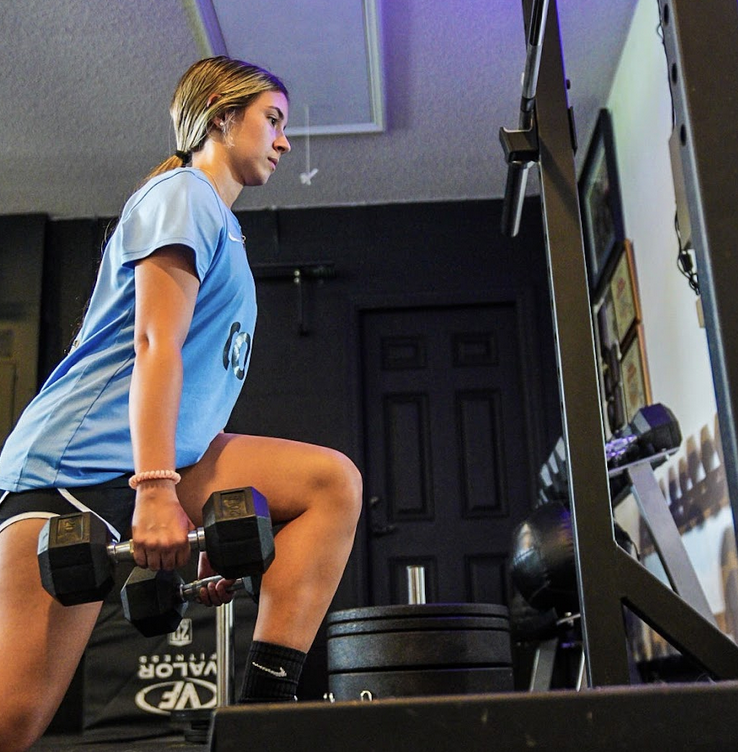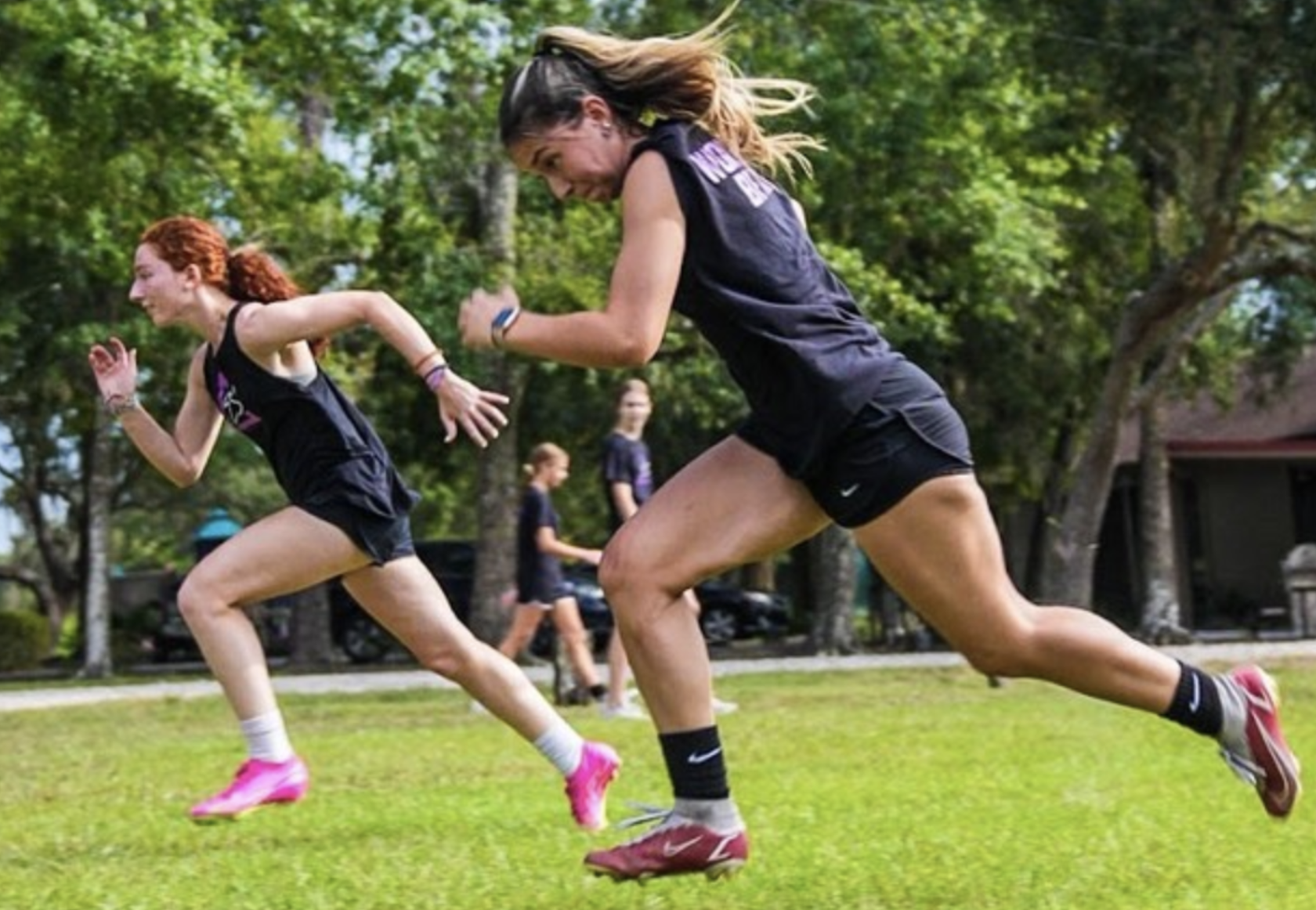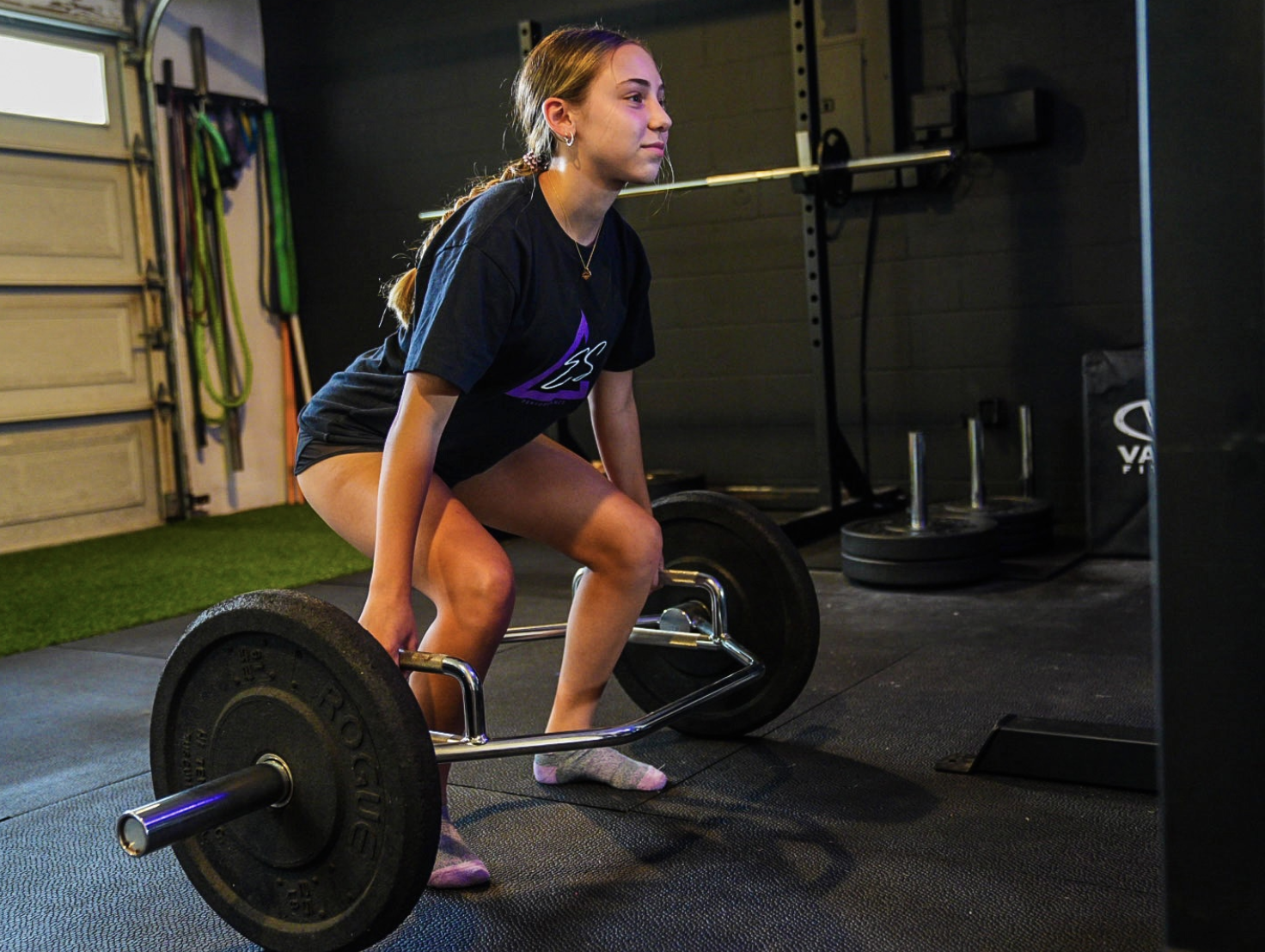So Your Period Is Missing, Now What? Period Recovery for Girls Soccer Players
Attention girls soccer players: missing your period is a major red flag.
I know what you’re thinking: ‘But I’m not trying to be pregnant!’
Of course, having a period is critical for pregnancy one day, but adolescent girls still need regular periods for overall health and athletic performance.
Think of your period as a vital sign.
If it is missing after the age of 15, also known as primary amenorrhea, or if you’ve had it and then it suddenly goes away, secondary amenorrhea, this is a clue some health issues are brewing beneath the surface.
Chronic Missed Periods are Common but Not Normal
More and more adolescent and college female soccer players are missing their periods, and many brush it off like it’s no problem.
On the other extreme, some wear it as a badge of honor. They’re thrilled they don’t have to deal with bleeding each month, and they can toss the tampons and pads in the trash once and for all.
I mean, I get it.
Having a period can be a major inconvenience, but you should be grateful for it because it’s needed for your health.
A 2023 study confirmed that over 40% of teenage girls had primary amenorrhea, and 50% of teenage girls had secondary amenorrhea (Divya S et al., 2023).
Of course, when a girl first starts her menstrual cycle, it takes time (1-2 years) to become regular. It won’t always be on time each month like clockwork. It may be a few days late, or a month may be missed here and there. Irregularity is common in the first few years as hormones begin to level out.
However…
Chronic missed periods are not normal, and alarms should go off when a period goes missing for three months or more.
Causes of Missed Periods
So, what causes a missed period in the long term?
A recent study links it to several conditions.
61% of girls with missed periods have Polycystic Ovarian Syndrome (PCOS). And 29% had long-term psychological stress. And 65% were anemic. (Divya, S et al 2023).
PCOS is a big one nowadays. Symptoms include acne (around mouth and chin), facial hair growth, weight gain and water retention, indigestion, and bloating, depression, anxiety, and disrupted sleep.
One out of 10 teenage girls has been diagnosed with PCOS, although many also go undiagnosed because they don’t go to the doctor. Even when they have all the signs and symptoms, they ignore them as “part of being female” and just think “to suck it up and deal with.”
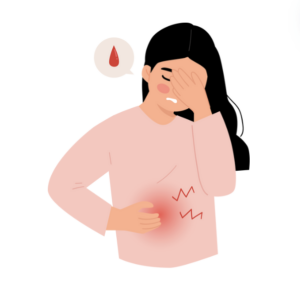
Anemia is also running rampant in adolescent girls. Anemia is when the body doesn’t have enough iron to carry red blood cells to the body’s tissues, which can cause chronic fatigue and muscle weakness. However, this doesn’t mean to run to the GNC and pop iron supplements. More on the complexity of this later.
Psychological stress is a multifaceted concept. It’s not just feeling overwhelmed from being a student-athlete but also the constant stimulation and stressors of the world today. Social media, constant blue light stimulation, and disrupted circadian rhythms are all psychological stressors since the nervous system hasn’t had a chance to calm down. It’s constantly being sent messages of danger rather than safety.
When a girl gets a nasty comment from a troll on the internet or is constantly scrolling through the feed, and on top of that, sleep deprived and constantly stimulated, this sends danger signals to the brain. And if this happens on a regular basis, it amounts to chronic psychological stress.
Health Consequences of Missed Periods
Since a missed period is caused by poor nutrition, stressful lifestyle, and poor recovery, the health consequences should be obvious.
For starters, she’s always going to be malnourished, stressed, and under-recovered. This trifecta is a ticking time bomb for poor thyroid and hormonal function.
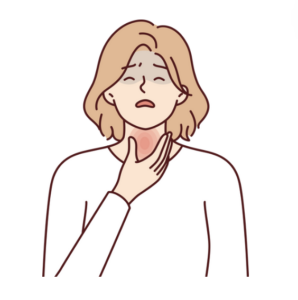
SSportsPerformance Consequences of Missed Periods
The health consequences permeate onto the field, leaving a girl at a higher risk of injury.
Girls who have long-term missed periods report symptoms of fatigue, insomnia, and muscle weakness, and this is due to thyroid dysfunction and nutrient deficiency. In fact, a chronic missed period is the biggest sign of energy deficiency.
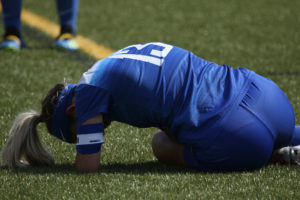
Girls with weak, malnourished muscles are more likely to suffer from soft tissue injuries or, worse yet, fail to protect the joints (knees and ankles) from the forces in the game.
Another performance consequence can also be decreased confidence. Missing a period can be a jarring experience for a female athlete, and it serves as a constant reminder that her health is in jeopardy.
The good news is she can regain her health and perform at a high level again.
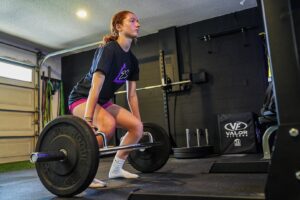
Period Recovery: What to Do
Now that you know some possible culprits, you can start the journey to period recovery.
First and foremost, one thing to remember is that period recovery takes time. Even after drastic nutrition and lifestyle changes, it can take anywhere from three to six months to a year to get your period back.
Hormones take time to restore, and this will look different for every girl, so do not compare your period recovery to anyone else but yourself.
Another thing to know is period recovery takes discipline and consistency. You’ll have to get really clear on how bad your current nutrition and lifestyle are and take radical action to get better. You’re going to have to break some old, bad habits.
1. SOLUTION #1: IMPROVE NUTRITION
Malnourishment leads to physical stress because the muscles don’t get enough energy to perform optimally. It also leads to psychological stress because a malnourished brain leads to panic, anxiety, lack of focus, and poor mood. Chemical imbalances in the brain are primarily influenced by poor nutrition.
To make better nutrition decisions, you’ll have to dig through a lot of information and discern what is getting you results and what isn’t. Let’s begin.
The Rise of the Period Recovery Influencer
Since more female athletes are missing their periods, more “period recovery” coaches are splashing their services across social media.
While many are well-intentioned and have excellent programs, others do not. There’s a ton of charlatans spreading misinformation on how girls can get their periods back, so it’s important to sift through the B.S.
The first thing to look out for is the messaging, especially when it comes to nutrition. There are “period recovery” coaches posting reels of themselves chugging beer and stuffing their faces with pizza, donuts, and cookies with the caption, “This is how I got my period back. Join my coaching program, and you can too!”

Maybe that influencer did get their period back consuming those things, but how does this method address the psychological component? Are girls also improving their mental symptoms, like depression, anxiety, and insomnia, with this way of eating? A period recovery program isn’t just about getting the period back. It’s also about overall health and improvement of ALL symptoms.
Truthfully, you could technically get your period back on MANY nutrition plans. Suppose you’re consuming enough calories and you’re not in a deficit. In that case, you’ll increase your chances of getting your period back, whether you’re vegan, balanced and moderating (whatever these mean), carnivore, keto, etc.
In fact, in athletes with menstrual disorders, Nattiv et al. and DeSouza indicated that increased energy availability is the most important factor for restoring regular menstrual cycles (Lagowska et al. 2014).
We all can agree that period recovery REQUIRES girls getting enough calories to meet their energy expenditures in their sports.
But. And this is a big but…
For girls with severe mental symptoms and weight gain symptoms, a plan that promotes increasing calories with ultra-processed foods might make them worse.
Instead, girls are better off following a period recovery plan that is low in sugar, low in ultra-processed foods, and high in protein, omega-3 fatty acids, B vitamins, magnesium, selenium, folate, and vitamins A, D, E, and K for better brain function and energy.
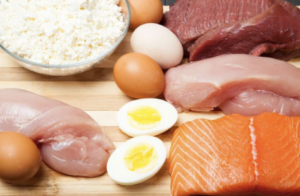
Diet Culture Myths
The influencers who claim to be fighting “diet culture” are the ones posting reels, stuffing their faces with ultra-processed garbage.
What’s crazy is that none of these people ever clearly define diet culture. What is it? Is it cutting food groups? Is it seeing some foods as bad? Or is it cutting calories?
There is no objective definition of diet culture, and it is all arbitrary and based on one’s experiences. When you peruse any nutrition influencer’s page, they’ll have their own view. They have a personal definition based on their story–their traumas, their past relationship with food, and their past food addictions.
Or, in the other corner, you have people who see food as a means to healing severe mental health crises, autoimmune conditions, and even menstrual disorders like PCOS. As a result, they’ve had to cut out certain food groups due to the reaction they cause in their bodies. They’ve had to label some foods as bad.
Is it “diet culture” to cut out food groups to resolve chronic health issues? Is it “diet culture” if cutting out food groups led to vibrant health once and for all?
It’s worth pondering.
I believe we can all agree that diet culture does not necessarily restrict food groups (as some people truly have reactions to certain foods and must cut them out).
We can agree that diet culture is the restricting of calories, not food groups.
For girls with PCOS, they may have to take a hard look at their nutrition and cut back on certain things. This should never be seen as restrictive, especially if you get your hormonal levels back in balance, your energy back, your sleep quality back, your skin clear, your muscle mass better, your mental health better, and your period back!
Maybe you’re restricting some food groups, but is it restrictive to have your health back? Maybe you’re restricting food groups, but maybe you’re eating two times the calories in steak, eggs, potatoes, and blueberries. Is this restrictive? Sure, maybe you’re done consuming toxic sludge, but your energy is finally soaring, and your depression is finally in remission. Is this restricting? Is it restricting to get your health back?!
Just because a plan is low in sugar, cuts out certain foods because they no longer serve you, or cuts back on carbs to control blood sugar, this doesn’t mean there’s a caloric deficit. This doesn’t mean someone is starving. Actually, healthy protein and fatty foods are not only calorie-dense but also nutrient-dense. The brain needs more healthy fat.
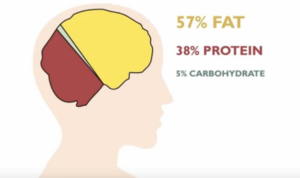
The best part? Girls will never feel starving, and their relationship with food improves because their brain chemistry changes. They will also have a muscular, robust body to support sports performance. As a bonus, confidence soars when this happens.
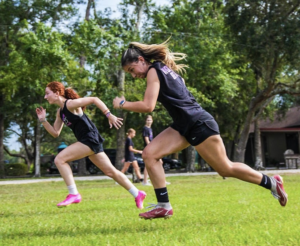
Also, the girl with PCOS is better treated with a low-sugar plan so she can get her blood sugar in check, fight water retention, and put on lean muscle mass. After all, the other term for PCOS, according to OBGYNs, is diabetes of the ovaries, so we have to consider treating it similar to a diabetic.
PCOS is downright awful to deal with, and many girls feel like they can’t reverse it. They can. But they have to break bad habits and cut their sugar intake. That’s the truth no one is telling them because they’re afraid to offend them and lose a client.
Lab work is a key thing period recovery coaches should ask for. They should assess hormone levels—thyroid (TSH, T3, T4), progesterone, testosterone, and estrogen—and blood sugar—hemoglobin A1C (ideally below 5.5 for PCOS). Checking electrolyte levels and iron is also the cherry on top.
Iron
Okay, back to iron. If you are iron deficient, you do not need to pop iron pills! Upping your intake of iron-rich foods is enough. And you need to be disciplined with this. Foods like steak, pork, chicken, potatoes, egg yolks, and shrimp. I listed animal-based only because they are the most bio-available forms of iron for the body to actually use and absorb.
If you’re downing green smoothies and bowls of spinach daily, you’re actually not absorbing all the iron, so it’s best to include animal-based products as the priority.
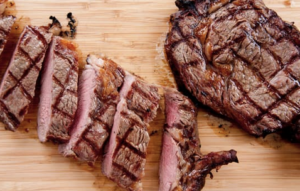
2. SOLUTION #2: REDUCE STRESS AND LIVE SIMPLY
The next step to period recovery is to reduce stress.
When cortisol, your stress hormone, is chronically spiked, your thyroid becomes dysfunctional, which means your period can take a hit. The thyroid controls EVERYTHING in the body, including brain function, digestion, muscle growth and development during adolescence, breathing, heart rate, and the reproductive system. The thyroid does not do well with chronic stress.
Of course, life is life, and you can’t eliminate stress entirely–especially homework, exams, practices, and losing soccer games. But you can reduce what I call fluffy stress. What is adding too much fluff to your life? What is amplifying stress more? Is it being on social media too much? Is it viewing the comment section? Watching the news? Is it keeping up with the latest trends? Is your schedule not organized, or is your life chaotic? Are you chugging too many energy drinks?
What can you cut out?
You will always face the stress of school and soccer, and you can’t skip either of these. But you can skip the social media nonsense. You can organize your week better and do homework on time so you’re not all over the place. You can turn off the news and the latest trends. It’s too much to keep up with anyway. You can ignore comments on posts.
Personally, I follow the mantra’ post and ghost.’ When I put out a post that I know will get a lot of comments and go viral, I don’t keep tabs on the post. I post, ghost, and never look at it again.
Not reading the comments on certain posts has drastically reduced my fight-or-flight response. Instead, I walk in the sun, read my Bible, or hang with my husky.

And when big rock stressors do come up, I have the conserved energy to handle them with ease, rather than them be a bomb to my nervous system.
Girls soccer players must find ways to handle stress and cut out the unnecessary fluff. Even staring at a screen right before bed ruins sleep quality. A rule of thumb: turn off the screens when the sun goes down and get in tune with your circadian rhythm. It’s magical. I turn off my phone when the sun sets and don’t watch TV. I either read or stare at the ceiling in peace.
Handling stress also means ensuring you’re eating enough calories; otherwise, when the body is starving, it uses all of its resources to survive.
If you’re overtraining, meaning you’re doing extra long-distance running on top of three to four times a week practices, you’re also spiking your cortisol over the long term. Your body will eventually be overstressed from the calorie restriction and increased exercise. You risk losing your period. Your body is in constant breakdown mode.
Start the Period Recovery Journey
So your period is missing? Consider nutrition, stress, and overall lifestyle. Take the pointers above to heart. Make a change. A drastic change. You’re going to have to put your big girl pants on and be disciplined if you want your health back. But trust me, it’s worth it to feel like yourself again.
ABOUT THE AUTHOR
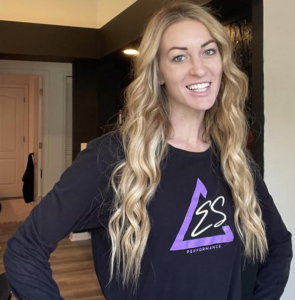
Erica Suter is a former college 3x All-American soccer player and a Hall of Fame inductee from Johns Hopkins University. She is giving back to the game and to female soccer players as a full-time performance coach. She holds a Master of Science in Exercise Science and has been helping girls with speed, agility, strength, and conditioning for over 12 years in the ECNL, GA, and NPL.
Her players have gone on to play college soccer at UNC, University of Maryland, Pittsburgh, Northwestern, West Point, University of South Florida, University of Charleston, MIT, Johns Hopkins, Carnegie Mellon, Rutgers, Towson University, and more.
Get her best-selling books The Strong Female Athlete and Female Athlete High Performance
Check out her podcast: The Soccer Queens Podcast
Speaking Engagements with Erica for Your Female Athlete Teams (in person or zoom)
To book, email me at: fitsoccerqueen@gmail.com

REFERENCES
Divya, S et al. “Assessment of the Menstrual Problems among Teenage Girls: A Tertiary Care Center Study.” Journal of pharmacy & bioallied sciences vol. 15,Suppl 1 (2023): S281-S284. doi:10.4103/jpbs.jpbs_495_22
FAVORITE PERIOD RECOVERY RDS AND COACHES:
Michelle Hurn
Cynthia Monteleone
_
GIRLS SOCCER NETWORK: YOUR SOURCE FOR GIRLS SOCCER NEWS



